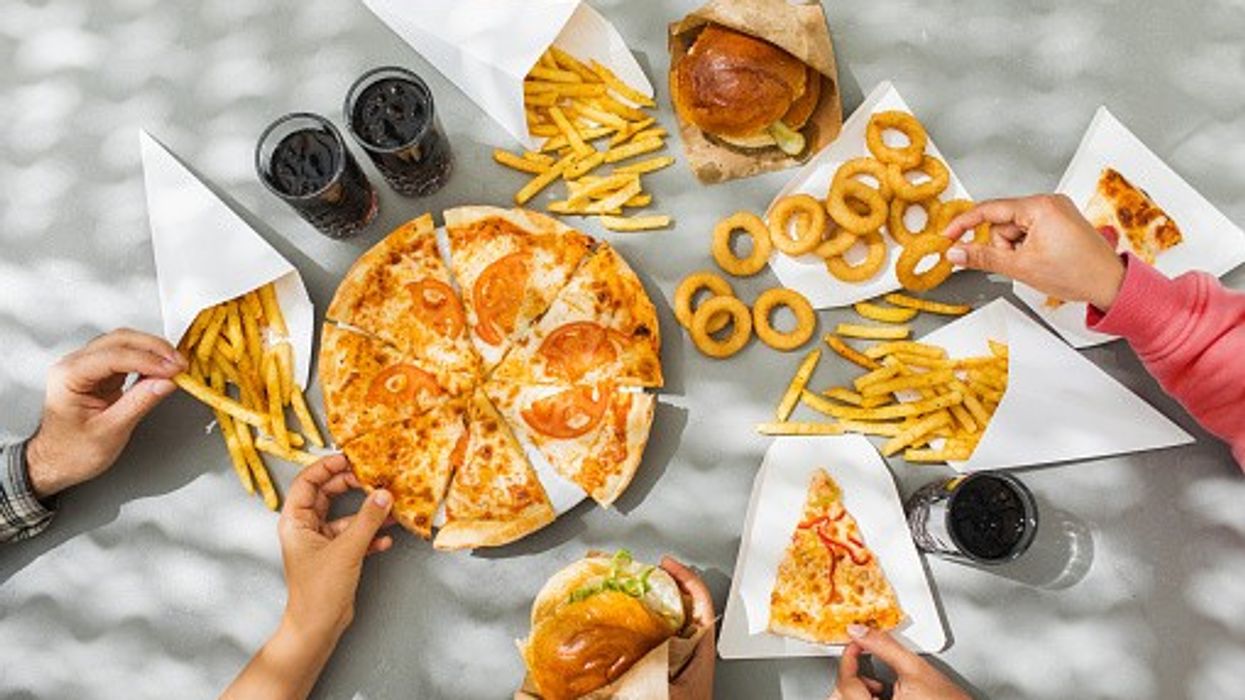Consumption of ultra-processed foods found highest among adolescents from deprived backgrounds, those of white ethnicity and younger adolescents
A new study has revealed that UK adolescents get around two-thirds of their daily calories from ultra-processed foods (UPFs), which have been linked to the rising levels of obesity, type 2 diabetes and cancer.
The research, funded by the National Institute for Health and Care Research (NIHR)'s School for Public Health Research, was published in the European Journal of Nutrition.
Ultra-processed foods are often characterized by poor dietary quality due to their high content of added sugars, saturated fats, and salt, along with lower levels of fibre, protein, and micronutrients.
The study, conducted by researchers from the Universities of Cambridge and Bristol, analysed data from four-day food diaries of almost 3,000 adolescents, sourced from the UK National Diet and Nutrition Survey.
After examining trends in the UK between 2008/9 and 2018/19, the researchers found that UPFs accounted for 66 per cent of adolescents' energy intake on average during this period.
However, the data showed a slight decline from 68 per cent to 63 per cent over the decade.
Furthermore, the study found that UPF consumption was notably higher among adolescents from deprived backgrounds, those of white ethnicity, and younger adolescents.
Dr. Yanaina Chavez-Ugalde, the study's lead author from the Medical Research Council (MRC) Epidemiology Unit at the University of Cambridge, highlighted that adolescents' food patterns and practices are influenced by many factors, including their home environment, the marketing they are exposed to and the influence of their friends and peers.
She also emphasised that adolescence is a crucial period when “behaviours begin to become ingrained.”
Dr. Esther van Sluijs, a joint senior author from the MRC Epidemiology Unit at Cambridge, noted that while ultra-processed foods provide convenient and often cheaper solutions to time- and income-poor families, they often lack nutritional value.
She indicated that this disparity in food quality might be contributing to the growing health inequalities observed among children and adolescents.
Dr. Zoi Toumpakari, another joint senior author from the Centre for Exercise, Nutrition, and Health Sciences at the University of Bristol, noted that their study's findings indicate that disparities in ultra-processed food consumption go beyond individual choices.
The researchers hope that this evidence will help policymakers develop more effective strategies to address the adverse effects of ultra-processed food consumption among young people and its broader impact on public health.













